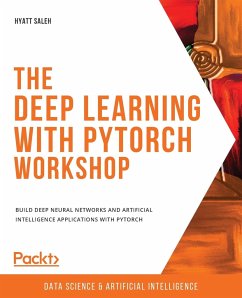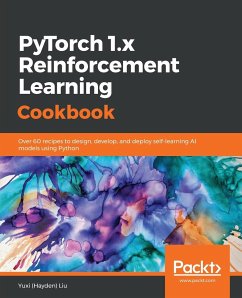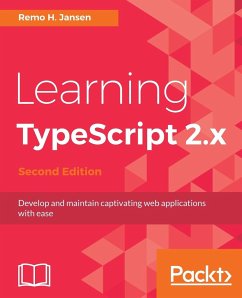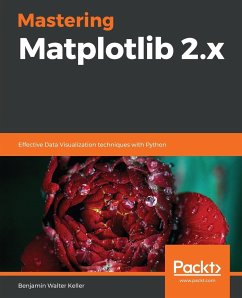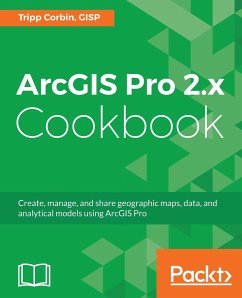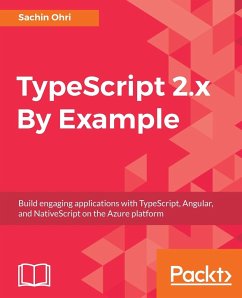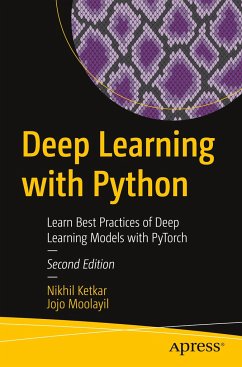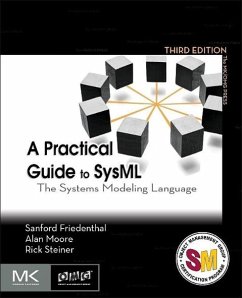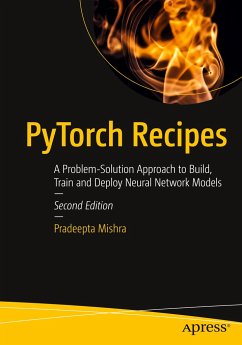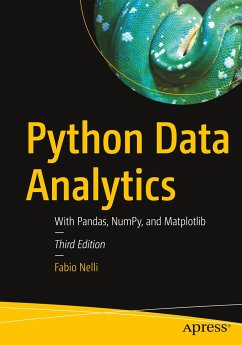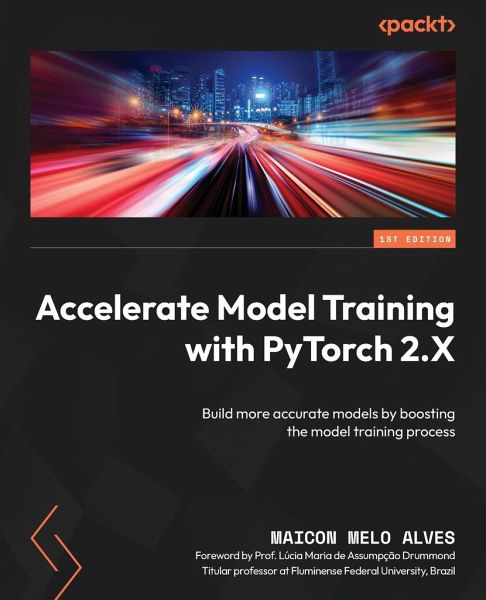
Accelerate Model Training with PyTorch 2.X
Build more accurate models by boosting the model training process

PAYBACK Punkte
23 °P sammeln!
Dramatically accelerate the building process of complex models using PyTorch to extract the best performance from any computing environment Key Features - Reduce the model-building time by applying optimization techniques and approaches - Harness the computing power of multiple devices and machines to boost the training process - Focus on model quality by quickly evaluating different model configurations - Purchase of the print or Kindle book includes a free PDF eBook Book Description This book, written by an HPC expert with over 25 years of experience, guides you through enhancing model train...
Dramatically accelerate the building process of complex models using PyTorch to extract the best performance from any computing environment Key Features - Reduce the model-building time by applying optimization techniques and approaches - Harness the computing power of multiple devices and machines to boost the training process - Focus on model quality by quickly evaluating different model configurations - Purchase of the print or Kindle book includes a free PDF eBook Book Description This book, written by an HPC expert with over 25 years of experience, guides you through enhancing model training performance using PyTorch. Here you'll learn how model complexity impacts training time and discover performance tuning levels to expedite the process, as well as utilize PyTorch features, specialized libraries, and efficient data pipelines to optimize training on CPUs and accelerators. You'll also reduce model complexity, adopt mixed precision, and harness the power of multicore systems and multi-GPU environments for distributed training. By the end, you'll be equipped with techniques and strategies to speed up training and focus on building stunning models. What you will learn - Compile the model to train it faster - Use specialized libraries to optimize the training on the CPU - Build a data pipeline to boost GPU execution - Simplify the model through pruning and compression techniques - Adopt automatic mixed precision without penalizing the model's accuracy - Distribute the training step across multiple machines and devices Who this book is for This book is for intermediate-level data scientists who want to learn how to leverage PyTorch to speed up the training process of their machine learning models by employing a set of optimization strategies and techniques. To make the most of this book, familiarity with basic concepts of machine learning, PyTorch, and Python is essential. However, there is no obligation to have a prior understanding of distributed computing, accelerators, or multicore processors. Table of Contents - Deconstructing the Training Process - Training Models Faster - Compiling the Model - Using Specialized Libraries - Building an Efficient Data Pipeline - Simplifying the Model - Adopting Mixed Precision - Distributed Training at a Glance - Training with Multiple CPUs - Training with Multiple GPUs - Training with Multiple Machines





